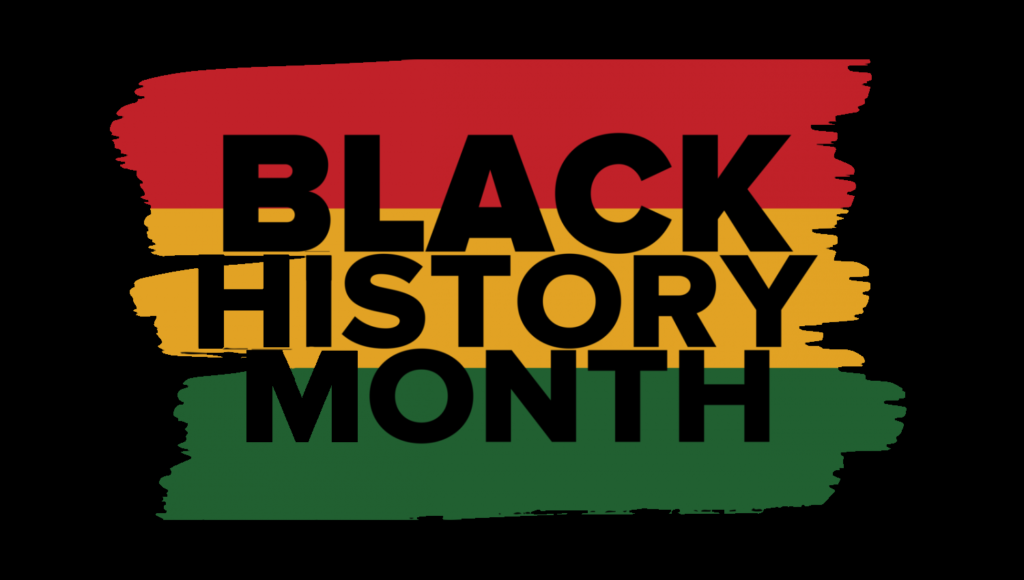As we know, February is Black History Month! The theme for 2022, set by the Association for the Study of African American Life and History (ASALH), is Black Health and Wellness. This includes focuses on mental, emotional and physical health.
While it is important to educate yourself and others about black history throughout the year, Black History Month creates a great opportunity for focused learning. There are many resources that you can use to learn and connect with the parts of history that are often left untold.
While the resourced we highlight here are nowhere near the full list of available resources, this list is still a great way to figure out where to start! Take a look below and let us know what opportunities you took to get involved this month!
History:
We cannot move forward until we understand where we have been. The best way to understand where we have been is to see it from a mix of impartial and personal views. While this may seem easy at first glance, finding a starting place can feel overwhelming, especially if there are not many opportunities for local resources or guidance. As the founders of Black History Month, the ASALH provides an extensive catalog of historical resources for getting started or for furthering your education into specific subjects.
In addition to their resources that are available year-round, they also create catalogs for their yearly themes. The ASALH created this year’s catalog to “…acknowledge[s] the legacy of not only Black scholars and medical practitioners in Western medicine, but also other ways of knowing throughout the African Diaspora. The 2022 theme considers activities, rituals and initiatives that Black communities have done to be well.”
Individual Stories:
History can feel distant. Talking about it can feel impersonal or removed if you do not connect to the described experience. A great way to learn and empathize with what has happened, and what is currently happening, is to speak or hear from individuals directly.
Emily Silverman, MD, is the creator and host of the popular podcast series The Nocturnists. “By airing clinicians’ stories in a safe and generative public forum, The Nocturnists helps shatter the myth of the ‘physician God’ and reveal the truth: that healthcare workers are human, just like everyone else, and that our humanity is our strength, not our weakness.”
In the second season, Silverman focused on Black Voices in Healthcare. This season brings an essential highlight to “stories of racism in the workplace, as well as stories of Black joy, Black love, and Black excellence”, as season’s summary states. All 10 episodes provide incredible insight to the lives of Black providers and are available now in the link above.
Year-Round Education:
The first step is often the hardest. Thankfully, there have been great strides in making glossaries and starting resources more easily available. The Boston Medical Center has created a glossary for the terminology often seen in discussions about cultural transformation. This resource was created to help “promote an environment where everyone feels affirmed and valued” and serves as a great source for finding the correct terminology to use in any situation.
If you are looking for where to start to help educate others as well, a great resource comes from the New York Times. Their article “Resources for Teaching About Race and Racism with the New York Times” includes interactive opportunities to encourage education, understanding, and empathy from those who are starting on their journey of growth.
There are more ways to educate yourself and get involved this month than we could possibly list here. Thankfully, many of these opportunities are available year round, so while we look to provide a good starting point, don’t be afraid to dive deep throughout the year.
While we look to highlight Black voices and stories this month, especially, it is important to do so year round. In this month and every month, Black Lives Matter, Black Health Matters, and Black Stories Matter.











